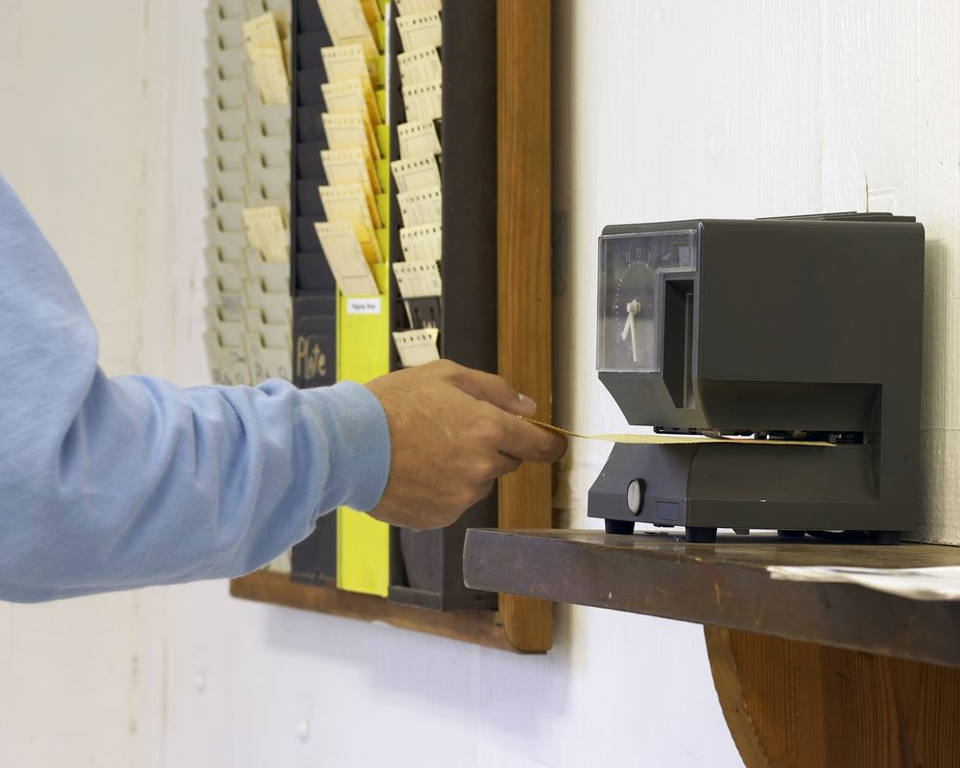New Jersey law provides strong protections for workers who are employed by outside contractors that work at “high hazard facilities.” Enacted in 2020, N.J.S.A. 34:11-56.74 requires the contractor to pay the prevailing wage to its employees who perform construction, alteration, demolition, installation, repair, or maintenance at these “high hazard facilities.” The prevailing wage is set by the New Jersey Department of Labor and Workforce Development and reflects the average wage paid to workers in a particular trade within a given geographic region.
The New Jersey statute identifies “high hazard” facilities using the North American Industry Classification System (NAICS). NAICS is a standardized system used by federal and state governments to classify businesses based on the type of work they perform. Under the NAICS, every industry is assigned a six-digit code, which is used in everything from economic reporting to government contracting and regulatory compliance. For purposes of N.J.S.A. 34:11-56.74, “high hazard” industries are deemed to be those industries which are engaged in activities described by NAICS codes 324110, 325110, 325180, or 325199. In general, these codes are broadly described as follows:
- NAICS 324110 – Petroleum Refineries
- NAICS 325110 – Petrochemical Manufacturing
- NAICS 325180 – Other Basic Inorganic Chemical Manufacturing
- NAICS 325199 – All Other Basic Organic Chemical Manufacturing
In addition, in order for N.J.S.A. 34:11-56.74 to apply, the high hazard facility must be a facility that is required to submit a risk management plan to the government. A risk management plan is required if the facility stores certain chemicals above statutorily identified threshold quantities. For example, a facility is required to submit a risk management plan if it stores more than 10,000lbs of ammonia or 2,500lbs of chlorine, among other regulated chemicals. If the facility is required to submit a risk management plan and is engaged in activities described by NAICS codes 324110, 325110, 325180, or 325199, its outside contractors are required to pay workers at the applicable prevailing wage rate for their trade or craft.
If you are employed by a contractor and perform construction, alteration, demolition, installation, repair, or maintenance work at a “high hazard” facility, your employer may be required to you at the applicable prevailing wage rate, Workers who have been underpaid in violation of this law are entitled to pursue back pay, interest, and penalties. In addition, the failure to pay a statutorily required prevailing wage also violates the New Jersey’s Wage Theft Act. Whether a facility qualifies as a “high risk” facility under the statute requires an understanding of the type of work being performed and identifying the correct NAICS code that describes the activities at the facility. The experienced employment lawyers at Morgan Rooks PC can help determine whether the N.J.S.A. 34:11-56.74 applies, calculate the correct prevailing wage, and hold employers accountable.







